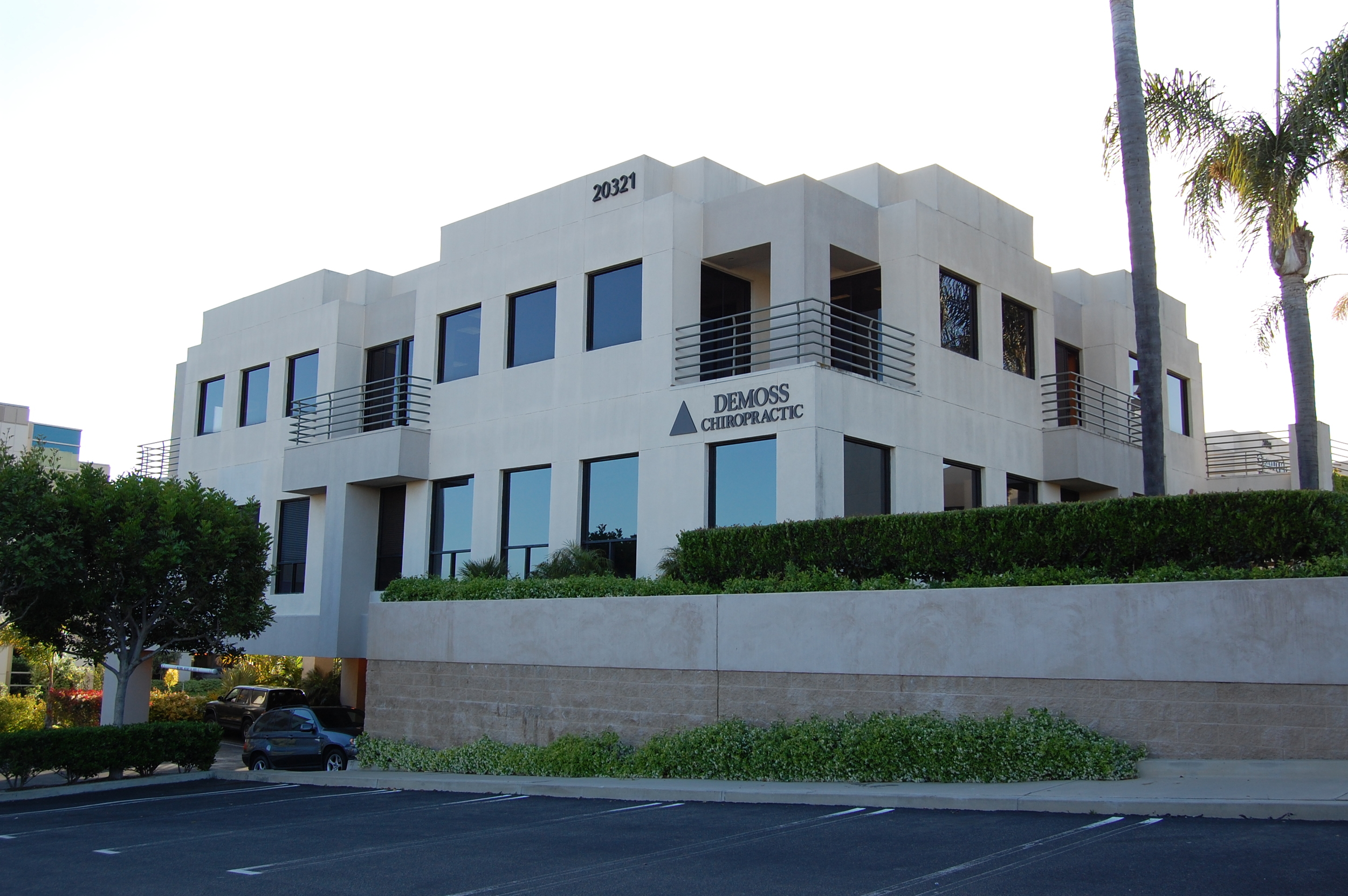For you or your business, the difference could be significant or inconsequential depending on the services you require and the experience of the professional. If you look at statistics alone, you will find there are more CPA’s in the United States than EA’s. This may lead you to believe that an EA is the more desired and difficult designation to attain; and therefore, the more valuable designation. In reality, the reason there are more CPA’s is because CPA’s can specialize in different areas (audit, income taxes, consulting, etc.), whereas EA’s only prepare basic income tax returns, primarily for individuals as opposed to corporations, trusts and estates. A CPA has general accounting and business knowledge along with a specific specialization. A CPA that specializes in income taxes will often have expertise in taxation of mergers and acquisitions, complex income tax matters, as well as multi-state tax compliance.
To become an EA, you must either take a written exam based on the tax matters or have the required past experience with the IRS. A CPA on the other hand is required to have a minimum of 120-150 credit hours (differs by state) of higher education (university level), work experience in the field, and pass four rigorous exams within 18 months, which cover various subjects including: financial and cost accounting, taxes, regulation, general business, economics, IT in business, and others. Both are required take continuing education to maintain their status, which should keep them up to date on the latest trends and regulations.
But what is the difference to you the individual or small business owner?
If you are starting, or already have, a business and require annual income tax returns, tax planning, and business guidance on matters, then a CPA is likely your best choice. In addition, you may want to consider a CPA that is part of a full-service CPA firm, where there are multiple CPA’s with varying specialties including: income taxes and IRS representation, technical accounting and assurance services and consulting. Choosing a full-service CPA firm, will ensure that all your business needs can be serviced continually one firm. EA’s cannot perform assurance services, such as a compilation, review or audit of your company’s financial statements.
When determining the services you require, consider interviewing the professionals to determine their knowledge and expertise.
 The event will kick-off with a light breakfast and schmoozing (7:00-7:30am), followed by an interactive session with three of Orange County's most respected Entrepreneurs + Leaders (7:30-9:00am). These 'Entre-Leaders' will share their wisdom with us and answer questions on how to successfully build and grow a business:
The event will kick-off with a light breakfast and schmoozing (7:00-7:30am), followed by an interactive session with three of Orange County's most respected Entrepreneurs + Leaders (7:30-9:00am). These 'Entre-Leaders' will share their wisdom with us and answer questions on how to successfully build and grow a business:

